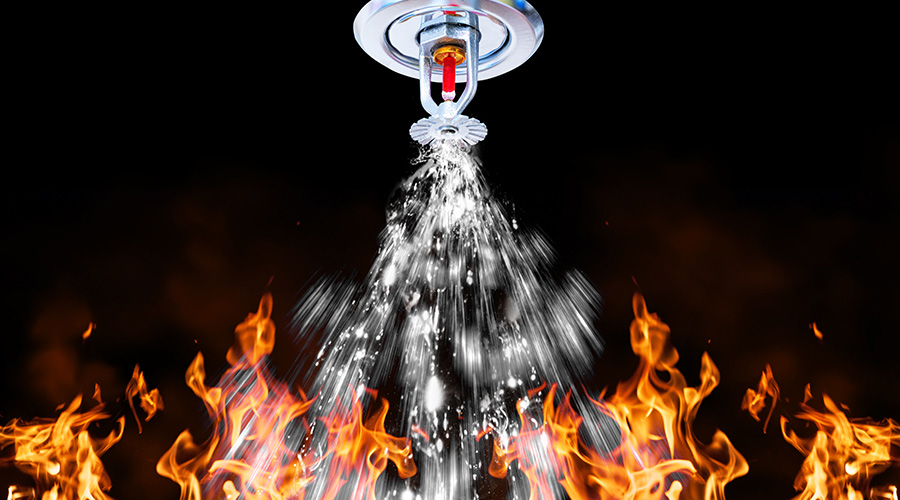Fire Systems: What Does a Maintenance Program Include?
Building owners and managers must implement a PM program to improve the reliability of fire alarms and other life-safety systems. Among the benefits of proper PM are:
• increased system serviceability
• increased reliability of fire-alarm systems
• increased effectiveness of technicians responsible for maintenance
• improved efficiency of investments in system repair, which might reduce overall costs in the long run
• improved effectiveness of managing and minimizing the risk from fire.
Once a fire-alarm system is installed and accepted, the next step is to follow a comprehensive, systematic program for inspecting, testing, maintaining, and assessing the system. Managers should consider taking these steps to ensure compliance:
• Do the homework, know the requirements, and exceed them.
• Be selective. Use trained, qualified technicians to perform maintenance and testing.
• Document. Before paying the bill, make sure documentation exists for all work.
• Question the preparations. Is the facility safe from fire?
• Know when to get help. Managers can turn to qualified professionals who can provide fire-protection consultation, engineering, and maintenance work.
As for technical training, managers and technicians should go through a customized training session on the specific system installed in the facility. This training should combine classroom and hands-on learning.
Several forms of training are available. The NFPA, the Automatic Fire Alarm Association, and most large fire-alarm manufacturers offer education and training through seminars or appropriate technical materials, such as videos or written guides. The National Institute for Certification of Engineering Technicians also provides national certification levels for fire-alarm technicians.
The final step for managers is to ensure the organization’s library contains a copy of NFPA 25, Standard for the Inspection, Testing, and Maintenance of Water-Based Fire Protection Systems, and NFPA 72, National Fire Alarm Code.
Robert Trotter, CBO and CFM, is a consultant in regulatory-compliance services with Smith Seckman Reid Inc. — www.ssr-inc.com — an engineering design and facility consulting firm. He has 22 years of experience in fire service and holds an AAS in Fire Science and 24 professional certifications from the International Code Council, including Certified Building Official.
Related Topics:













